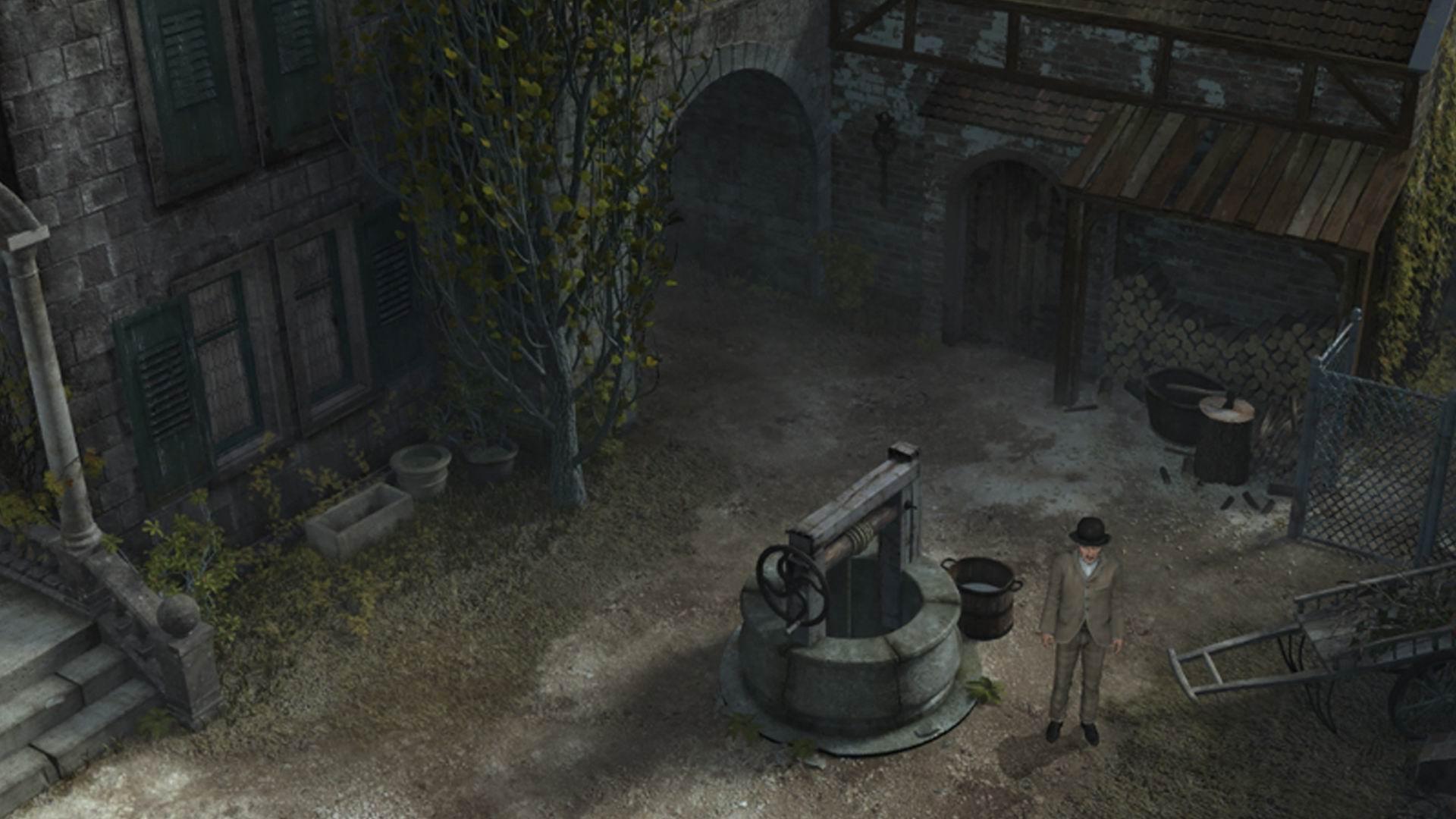

This example suggests that the rebel identity is the teacher’s secret identity that only comes out at night. But by night, she was the leader of the most notorious rebel army that would soon take back their country. Here are some short excerpts capturing the idea of an alter ego: Example 1ĭuring the day, she was just a school teacher the simple, quiet book-lover that most people overlooked. So, both fictional characters and real people can have alter egos. What’s more, sometimes a character in a story is said to be the author’s alter ego, or, an author himself may use an alter ego when they publish their work. In many cases the characters are in control of their alter egos, but in other cases (that focus more on the psychological aspects of the alter ego), they may not even be aware that it exists. He is just a normal guy by day, but secretly has supernatural powers that he uses to fight crime. When a character lives more than one life, having a secret identity or taking on more than one personality, that alternate personality is their alter ego-for instance, think of Spider-Man, who is the alter ego to Peter Parker. Of Latin origin and stemming from the Greek állos egṓ, the term is believed to have been coined by the author Cicero, who described it as “a second self, a trusted friend.” The fascination behind an alter ego is in its secrecy-it’s almost always a second identity or life that is being hidden from a person or character’s friends, family, and others around them. An alter ego (pronounced awl-ter ee-goh) is a secondary self.


 0 kommentar(er)
0 kommentar(er)
